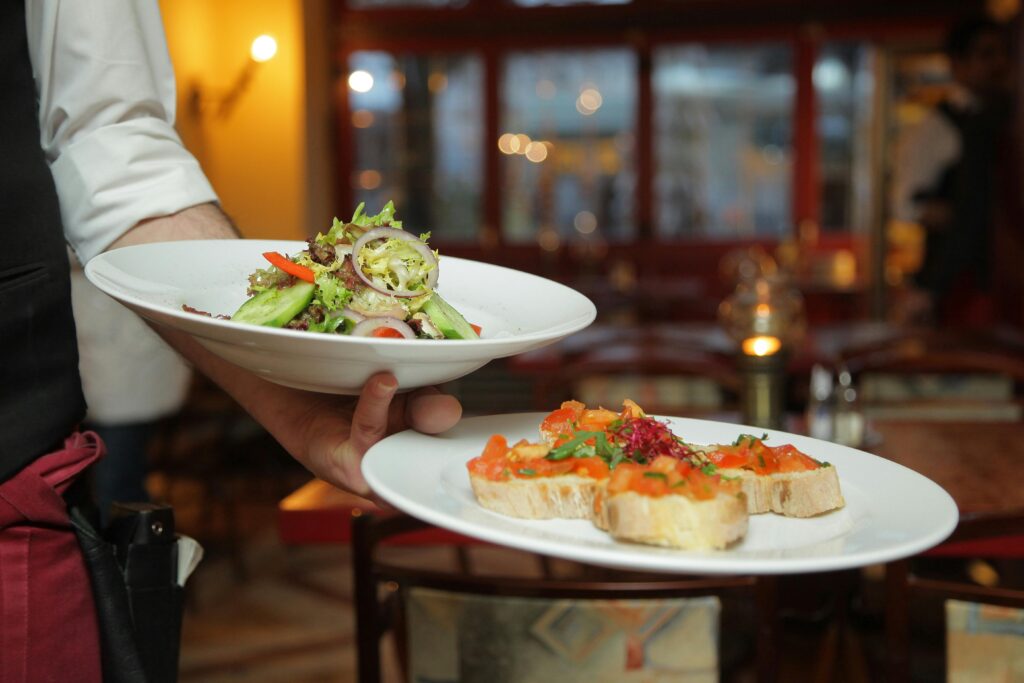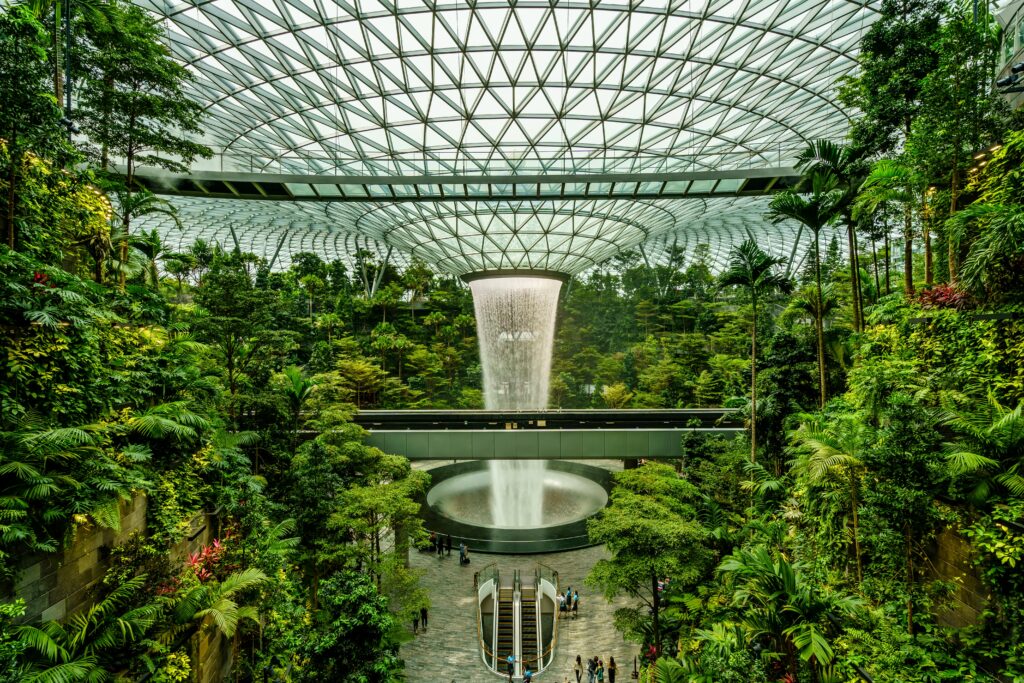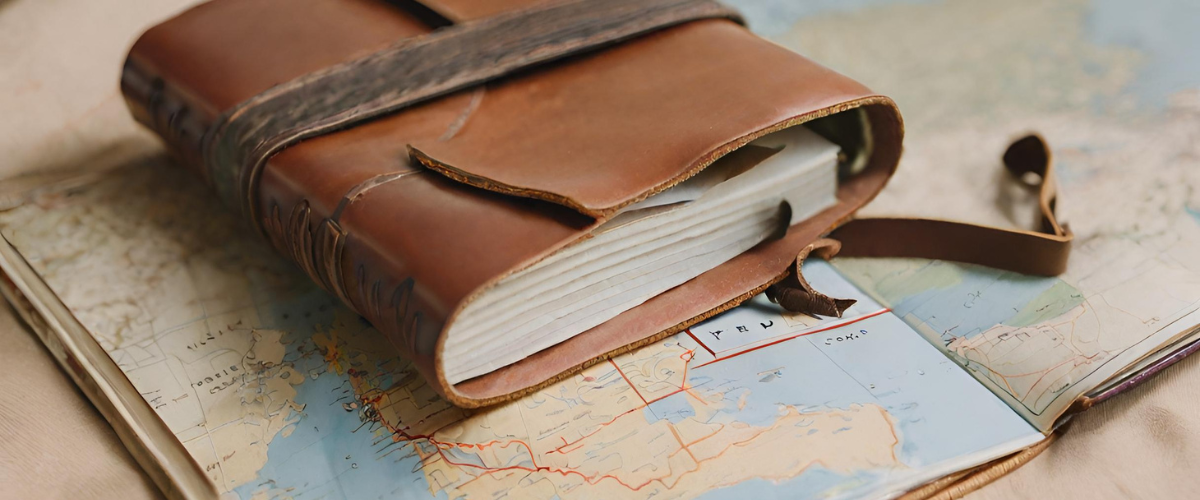Customer Experience Travel Journals
As part of the American Experience Centurion programme launch in Europe, I appreciated the value of luxury travel experiences from an early stage in my career. My role at the time was to manage the contributors, such as Asprey & Garrard, The Burj Al Arab and Ferrari, to cocoon their brand aspirations authentically within the sanctity of the prestigious Centurion brand. And whilst it was a battle of the brand custodians, we arrived at a respectful middle ground. Centurion payment experience at the time closed its doors to celebrities and journalists (and there was no such thing as an influencer at the time), so we maintain with vigour those now lost essentials of uber luxury marketing, mystery, discretion and exclusivity.
Travel and event representatives from American Express would spend their working hours in the finest hotels in the world, or jumping between candlelit intimate concerts given by Elton John, travelling on the Orient-Simplon to VIP stands at Grand Prix’s or guarding exclusive Faberge Egg new releases at members only gallery launches. The luxury extended beyond the asset in question and engulfed the experience too. It was an education which has served Lexden well as we now immerse ourselves in the UHNWI world of customer experience.
It’s never left me, so where others collect Costa Loyalty beans, I have an eye for stand-out travel and event experiences of distinction. Often in the luxury sector, but not always, I can connect much of what I see to the pages of the 20 or so Centurion Preview magazines I ‘edited’ during those Centurion days.
This article shares a collection of recent discoveries which illuminate the path to crafting unforgettable experiences that linger in memory.
There’s no place like Portuguese home cuisine
I’ve enjoyed meals cooked by brilliant resident chefs such as Frank Dangeroux and Brian Turner in various restaurants. And as you read this you will be thinking so have I with other known chefs, so what! Well, this is the challenge with hotel restaurants with resident guest chefs, as nice as it is, it’s quite accessible and once you’ve been there once or twice, you are possibly over the novelty of it. So how do you keep it fresh? You can’t keep bringing in celeb chefs daily and them changing the menu and the kitchen to suit, but you want variety and high quality.
We think the Portuguese Octant hotel group have the perfect answer. Across 2023 and into 2024 they ran a series of special events featuring the culinary talents of cooks from neighbouring villages. Referred to as ‘Como em casa’ (like at home), there are a series of evenings hosted by different cooks from villages they recruited by speaking with locals and parish church councils as well as visiting the bars and restaurants in the village’.

The format of the evening starts with a tour of a local village and concludes with a three-course lunch at the hotel. Starting in the Alentejo region the series moves to the Algarve and plans for Azores and Douro in the future.
The perfect experience blend of showcasing traditional villages, unique cuisine and the hotel dining facilities, all courtesy of the Octant hotel group seeking a richer cultural experience for its guests.
The changing face of airport travel has begun in Singapore
We’ve all heard of the paper free office, but what about the passport free airport? Well, that’s exactly what Singapore’s Changi airport is aiming for.
How many times have you stood in a queue to board a plane and checked every pocket for your passport. And on discovering it’s not there reached a level of possibly unsurpassed panic. Only to find, as you start to frantically throw what’s inside your hand luggage across the floor, it was in that first pocket you swore you checked after all. Imagine that never happened again, because it needn’t to be honest – your biometrics are your passport, unique to you so why do you need a copy? Previously the technology wasn’t there to make more of your biometrics, but now it is in Changi airport.

Here’s how it works. The biometric technology creates a single token of authentication through facial recognition. At various touchpoints across the passenger’s journey through the airport these will be checked; from bag drop to security to duty-free purchasing to the gate and on-boarding. AI will know the patterns of genuine journey management and be able to question irregular patterns as well as compromised facial recognition checks.
For customers there are fewer points of friction and for the airport, more time for passengers to consume and fewer bottlenecks, improving passenger efficiency management KPIs.
Destination unknown
Journee is a new travel craze appealing to those who want to enjoy the destination rather than get pulled down with the planning. Journee creates personalised travel experiences based on personal preferences of travels for adventure.
Only when you reach the airport may you open your travel pack which contains your destination postcard, your itinerary, and a destination guide. From Manchester to Marrakesh, the experience of spontaneity is prioritised.
Journee are about authenticity, courage, and curiosity, and they believe the modern traveller is looking for something more too, “Booking a trip, yourself is a time-consuming and painful experience. And everyone ends up going to the same places and doing the same things. With Journee, we’ve created a way for you to go on an adventure you never knew you needed. All we need is 10 minutes of your time to fill in our questionnaire.”

So the experience becomes the anticipation and then the chosen itinerary; excursions, meals, hotels etc – all of which has to add up to create a memorable experience which is both appealing to the traveller and a standard which feels a notch above what the customer could achieve on their own.
From suburbia to the penthouse

Alexa has become an extra resident in many homes, with some connecting several in one location. This virtual assistant technology has fit into the family home providing a range of services from music, cooking timers, informing of Amazon collections, and even playing quizzes to keep the family amused. The owner is in control of what’s important and instructs Alexa accordingly.
Google has teamed up with several luxury hotels to bring the technology into the guest experience. With the Fairmont Princess in Scottsdale is one example. So now guests have their own ‘concierge’ in their room who will answer their requests, such as ‘book me a table in the restaurant for 7 pm’ or, ‘arrange my clothes to be collected for dry cleaning’.
Generative AI has found a role in the guest bedroom, providing local information, reviews and recommendations based on travellers with similar preferences and guest feedback located through the Fairmount customer satisfaction insights.
In summary
Travel experience is a leading sector for customer experience, with a range of sectors from airlines, hotels, car hire, airports, train and tram, restaurants, theatres, guided tours (etc) intersecting to create an overall travel experience for the customers. Those travelling customers return to their companies inspired by the experiences encountered, and in turn, look to improve outcomes for others. Plus, customers return to expect more from the companies they deal with at home, now they’ve seen what can be achieved. They also have worked out what parts of travel are most important, so some will pay for others to plan for them, which is no longer the privilege of the high net worth.
When you travel always look around you, for ideas, insights and inspiration which can lead to better improvements for your customer than imagined.


